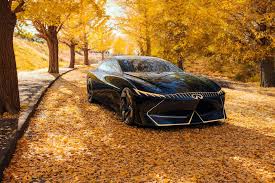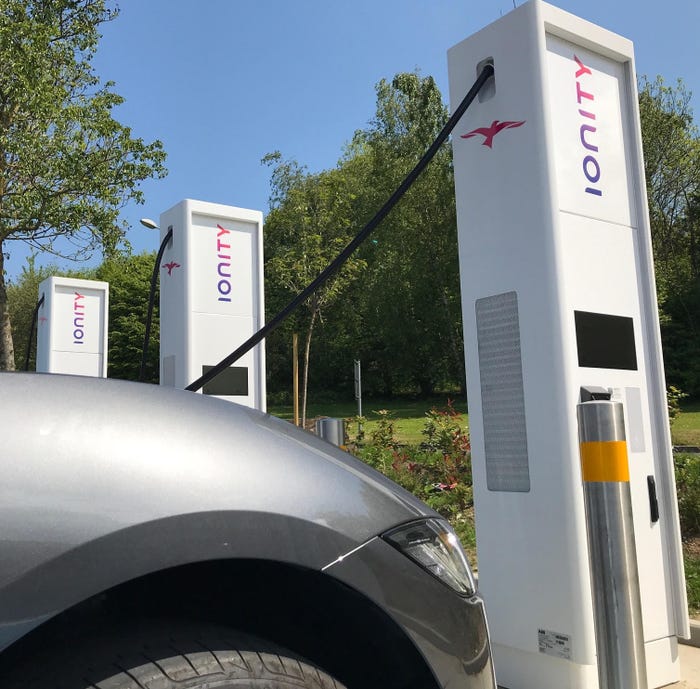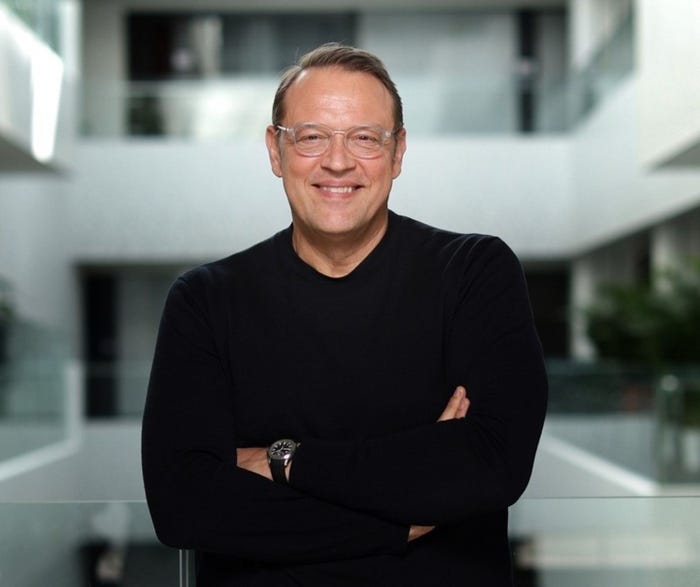Infiniti Looks For Relevance in BEV Era
Nissan’s luxury division, Infiniti, is fighting for relevance and consideration in its 35th year with a hulking luxury SUV, with hybrids and battery-electric vehicles still to come in dealer showrooms.

SAN FRANCISCO -- When Nissan launched its Infiniti luxury brand in 1989, it did so with a very unconventional ad campaign. A relaxed male voiceover spoke of “perfectly balanced cars” against footage of ocean surf washing up on rocky sands or a stand of trees. It was all very zen and became shorthand in cultural parlance as the “rocks and trees” campaign.
It also didn’t work very well. Infiniti’s best sales year was pre-pandemic in 2017 at 153,000. Meanwhile, Lexus, which launched a year earlier than Infiniti, had its high-water mark in 2015 when it sold 345,000. Last year, Lexus sold 355,000 in the U.S., while Infiniti sold about 65,000, according to Wards Intelligence data.
Is that a fair comparison? Lexus had a clear trajectory and a company, Toyota, backing it with a steady flow of new products. Today, Lexus is a global-ish brand, sold in Japan, China and North America with a smattering of sales in Europe. Infiniti is primarily sold in North America only.
Nissan is still hanging in with Infiniti, rolling out a new premium internal-combustion-engine fullsize SUV, the 2025 QX80 (no electrification announced as yet) as it tries to rebuild its product line around crossovers and SUVs.
“The brand has, frankly, been starved of new product for some time,” says Ponz Pandikuthira, senior vice president and chief planning officer for Nissan. But as the Nissan division builds back the portfolio, the company is realistic about where it goes from here. “We’re a niche choice,” says Pandikuthira, emphasizing that the brand is going to stick to design language that no one will confuse with that of German luxury brands like Mercedes-Benz and BMW.
The QX80 is such a statement, with some upside if Infiniti can find a way to break through in its marketing to make people aware of it. The 3-row fullsize SUV is boxy; the only German luxury vehicle it could possibly invoke is the Mercedes G-Class (“G-wagon”), but without the reputation of being a quasi-military vehicle that has long been a favorite of European embassies and private arms dealers in the movies. The QX80’s superb interior cabin experience and aesthetics evoke a mashup of English library and Japanese rock garden.
The hulking SUV is extremely well appointed inside the cabin with an abundance of leather and premium materials that appear like stone and wood (rocks and trees?), and a premium sound system by U.S. premium audio brand Klipsch. “We are going after the buyer who may be on the second or third (Cadillac) Escalade or (Lincoln) Navigator and are ready for something different,” says Pandikuthira.
Indeed, the QX80 is a “no apologies” luxurious, comfortable, gas-thirsty ICE wagon, with a 3.5L Twin Turbo V-6 producing 450 hp and able to tow 8,500 lbs. (3,855 kg). No hybrid and no EV version is on the way. And all that size and power gets you a fossil-fuel-loving 17 mpg (13.8 L/100 km) in combined driving.

But Infiniti is not blowing off electrification. Though it does not offer an HEV or BEV today, it unwrapped a BEV concept, the Qe, last October, and the coupe/sedan concept is said to be close to what the production version will be. Infiniti plans to have all of its models “electrified” by 2030, which means each model will at least have a hybrid version if not a full BEV. That is a considerable downshift from a 2019 Nissan plan calling for Infiniti’s whole lineup to be BEV by 2025.
Given that the fuel-economy/emissions mandates have been relaxed, Nissan and Infiniti intend to play as well as they can in both ICE and electrified propulsion camps. But Infiniti, which has had brand identity and product strategy challenges for decades, is up against the established luxury marques, as well as a flock of luxury EV startups.
Even after 35 years, Infiniti doesn’t feel well established, and that is its handicap at a time of great disruption in the mobility marketplace.
About the Author
You May Also Like





.jpg?width=700&auto=webp&quality=80&disable=upscale)